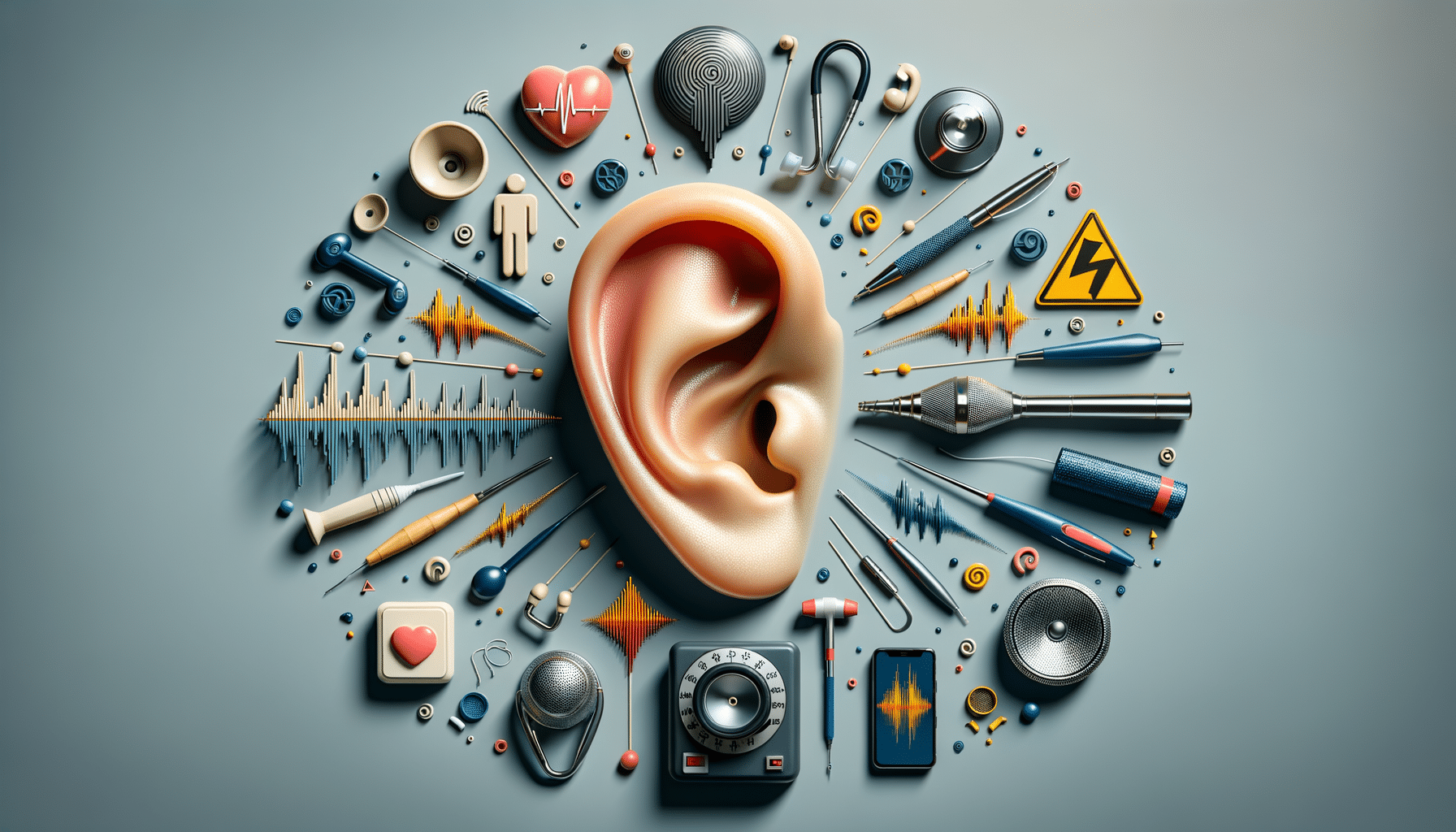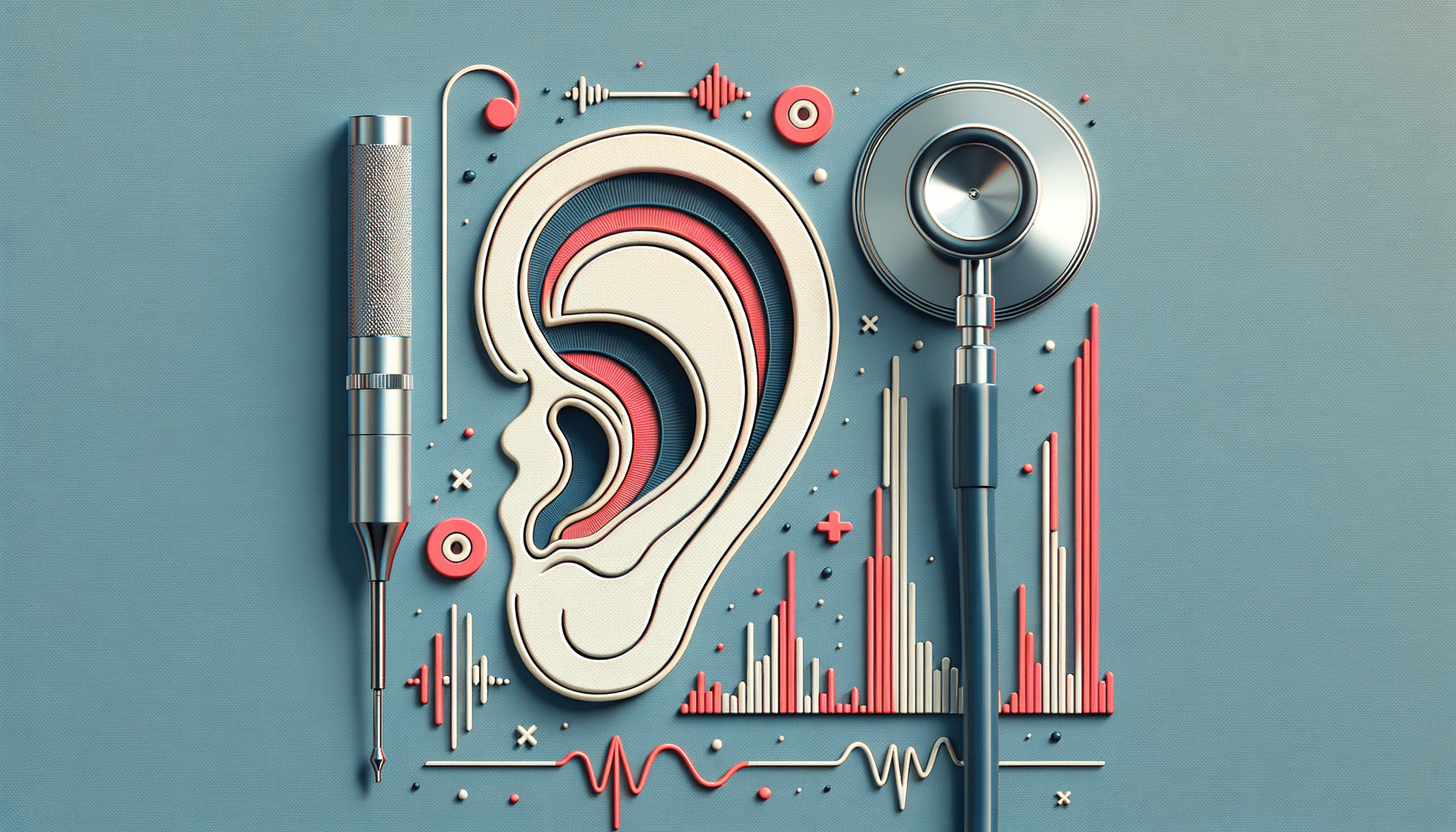
These Warning Signs Indicate That You Should Get a Hearing Test
The Importance of Hearing Tests
Hearing is an essential sense that significantly impacts our daily lives and interactions. The ability to hear allows us to communicate effectively, enjoy music, and stay connected with the world around us. However, many people overlook the importance of regular hearing tests until they experience noticeable issues. A reliable hearing test can uncover hidden problems that affect your hearing daily. These tests are crucial for detecting hearing loss early, enabling timely intervention and management. By recognizing the warning signs, individuals can seek professional help before it’s too late, ensuring they maintain their quality of life and communication abilities.
Common Warning Signs of Hearing Loss
Hearing loss often develops gradually, making it easy to miss the early warning signs. Recognizing these signs can prompt you to seek a hearing test sooner rather than later. Some common indicators include:
- Frequently asking others to repeat themselves.
- Difficulty following conversations in noisy environments.
- Turning up the volume on the TV or radio higher than others find comfortable.
- Struggling to hear on the phone.
- Feeling that others are mumbling or speaking unclearly.
If you notice any of these signs, it may be time to consider a hearing test. Early detection of hearing loss can lead to more effective management and a better quality of life.
Types of Hearing Tests
There are several types of hearing tests available, each designed to assess different aspects of hearing. The most common tests include:
- Pure-tone audiometry: This test measures the faintest tones a person can hear at various pitches. It helps determine the degree and type of hearing loss.
- Speech audiometry: This evaluates the ability to hear and understand speech, providing insight into how hearing loss affects communication.
- Tympanometry: This test checks the condition of the middle ear and the mobility of the eardrum, helping identify issues like fluid build-up or ear infections.
- Otoacoustic emissions (OAEs): These tests assess the function of the inner ear by measuring sound waves produced in the ear canal.
Each test plays a vital role in diagnosing hearing issues, allowing audiologists to tailor treatment plans to individual needs.
Benefits of Regular Hearing Tests
Regular hearing tests offer numerous benefits, particularly for those at risk of hearing loss. These benefits include:
- Early detection: Identifying hearing loss early allows for timely intervention, which can slow progression and improve outcomes.
- Improved communication: By addressing hearing issues, individuals can enhance their communication skills and reduce misunderstandings in conversations.
- Better quality of life: Effective management of hearing loss can lead to increased social engagement and a more active lifestyle.
- Preventing further damage: Regular tests can help monitor hearing health and prevent further deterioration by implementing protective measures.
Incorporating hearing tests into routine health checks is a proactive step towards maintaining overall well-being and quality of life.
When to Schedule a Hearing Test
Deciding when to schedule a hearing test can be challenging, especially if you’re unsure whether your hearing has changed. Here are some scenarios where a hearing test is advisable:
- Age-related changes: As we age, our hearing naturally declines. Adults over 50 should consider regular hearing assessments.
- Occupational hazards: If you work in a noisy environment, such as construction or manufacturing, regular tests are crucial to monitor hearing health.
- Family history: If there is a history of hearing loss in your family, it’s wise to get tested more frequently.
- Sudden changes: If you experience a sudden change in hearing, seek a test immediately to rule out any serious conditions.
By being aware of these factors, you can make informed decisions about when to seek a hearing test, ensuring you maintain optimal hearing health.


